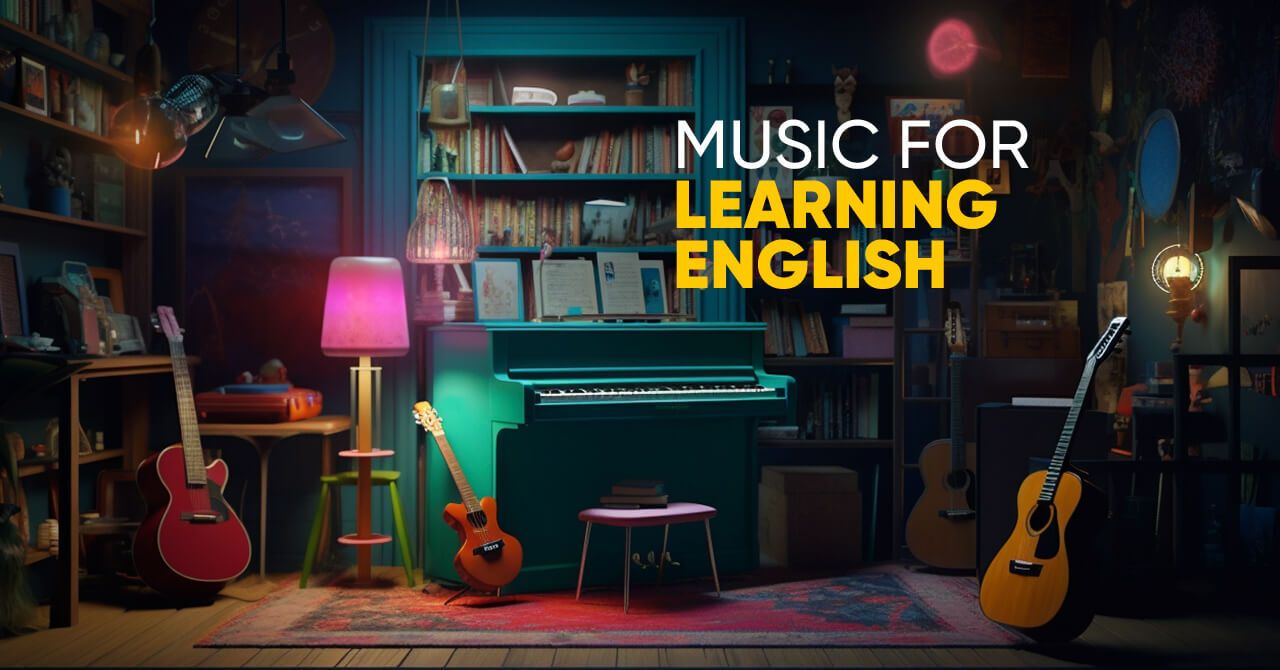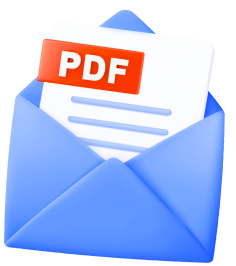
The Pros and Cons of Using Music to Learn English
Just listening to the music by itself will do little to improve your English, an active process is required.

Get a FREE guide!
Want to sound like a native English speaker?
Get our free PDF with top tips that work.

Check your email!
I have had a variety of students who enjoy using music in classes and others who find exercises using music very difficult. When using music in classes, I have generally used gap-fill exercises. The feedback from the students was positive, as it was a fun exercise. There are many teachers who really like the idea of learning with music and others who believe it is a waste of time. In truth, it is good in moderation and done in the right way, but it is not a magic formula and, if not done well, can be a waste of time.
How music can help in English learning
You may have seen courses advertised called to learn English with music. I would imagine they are popular, as most of my students find music-related exercises fun. I believe in moderation, these exercises can help take your language learning to another level, especially if a discussion about opinions on the song and questions about unfamiliar vocabulary. I would recommend listening to music while reading the lyrics to have any language-learning benefits. Just listening to the music by itself will do little to improve your English, an active process is required. This active process could be a gap-fill exercise or a discussion about the songs meaning and general opinions about the quality of the song.
How to choose music
One of the most important things to do while selecting songs to use as learning materials is to consider the lyrics and voice, and singing style of the song to be selected. The lyrics need to be in a tense that is being studied if possible or use vocabulary that is being studied at the time. I would especially recommend using songs that tell a story. It’s good to select a singer with a clear voice and sing at an appropriate tempo for the learner. Good quality lyrics can help with vocabulary, and well-formed grammatical structures can be included within classes covering the same tense, for example. A song that fits a vocabulary theme can be a useful part of a class.
Conclusion
As much as I think it is a good tool for language learning, mainly because it is fun and can keep learners motivated. As a general rule: TV programs, films, and podcasts are more effective because the dialogue is more relatable. Regular listening practice is key to fluency, and listening to the right songs as part of an exercise can be a fun way to get this practice done.
















